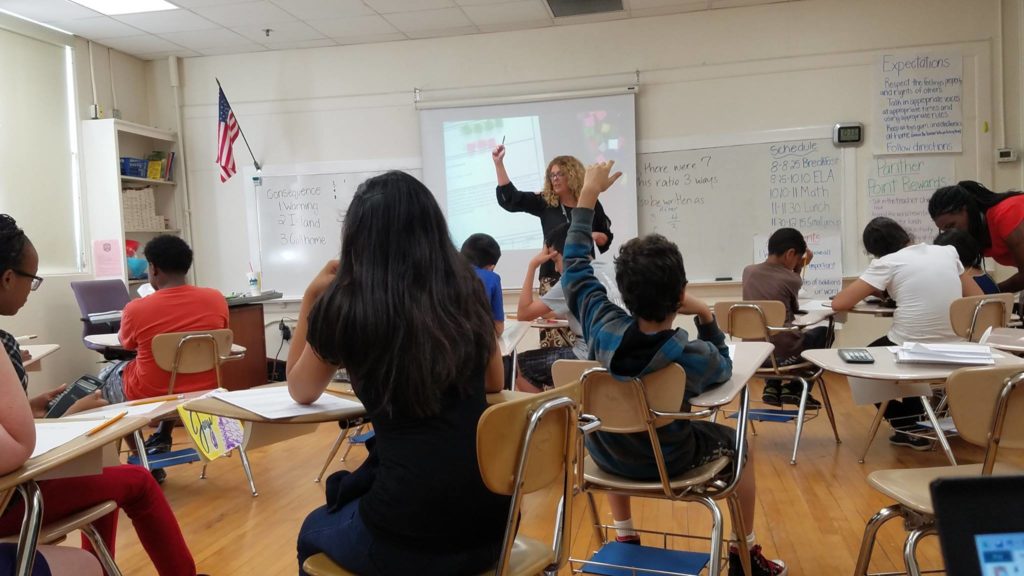
“Easy in, Easy out.” That’s the title of new research from Vanderbilt’s Peabody College, and it may give ammunition to one side of the debate about teacher turnover. The study finds those who came to the profession without an education degree tend not to stay as long.
Read the study:
Easy in, Easy out: Are Alternatively Certified Teachers Turning Over at Increased Rates?
Educators with alternative certifications now make up a quarter of all teachers, and they vary widely. Some are snagged from elite universities through a program like Teach for America. Others are just granted a waiver of the usual teaching license because a school is in a pinch.
Chris Redding, who is a Ph.D candidate at Peabody, did find some benefits to sidestepping traditional certification, like bringing in more male teachers and teachers of color. But he also found they’re measurably more likely to leave the profession early, with an attrition rate eight points higher than teachers who have an education degree.
“When we do see them turning over, it does raise questions about whether or not these types of programs are a permanent policy solution — or there do need to be more supports for these teachers once they do enter the classroom,” Redding says.
In the national surveys analyzed in the study, alternatively certified teachers who changed careers said they felt underprepared and overwhelmed. Redding says their departure has a particular sting because they’re more often working in difficult schools, exacerbating an already high turnover rate.
The study does not breakout how particular programs fare, and local representatives of Teach for America counter that their corps members tend to outperform teachers who came to the job the conventional way.
“When we look at external data examining the impact of our teachers, it is clear that they have a track record of producing strong results,” Nashville TFA director Ben Schumacher says in a written statement, citing a
national study and a
local one.
Schumacher does say TFA has begun extending its support to alumni in an effort to keep them in the classroom well beyond their two year commitment.


